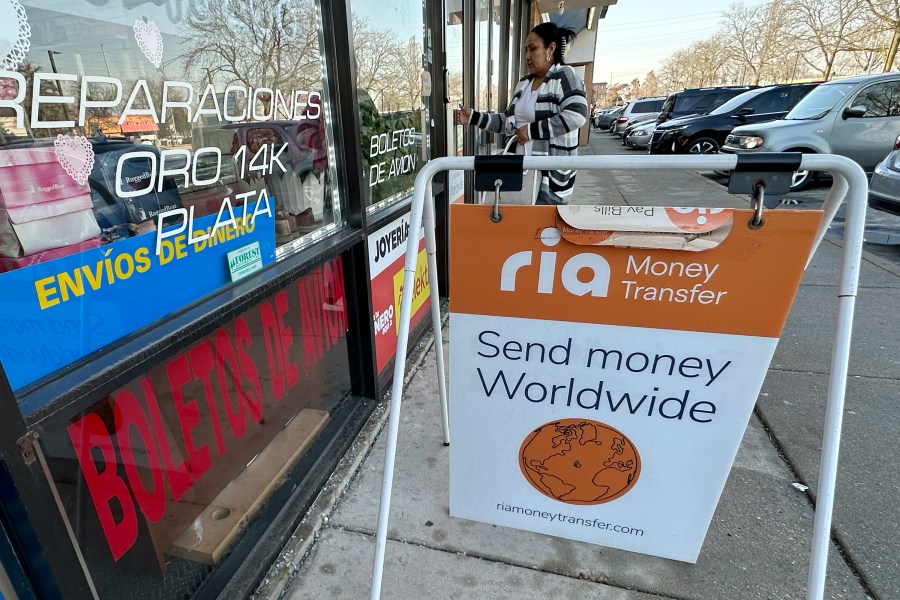EL PASO, Texas
(Border Report)
The president of Mexico is appealing to U.S. legislators to exclude her nation from an unpopular tax on cross-border financial transactions that was endorsed by the House earlier this week.
The proposed 3.5% levy on money transfers overseas by non-U.S. citizen individuals is part of this plan.
One Grand Stunning Bill Legislation
The lower house of Congress approved on Thursday.
Last year, Mexican citizens residing outside of Mexico transferred a historic sum of $64.7 billion in remittances back to their home country, which made this flow one of the biggest contributors to its economy.
“The Mexican ambassador has been communicating with numerous groups, including Mexican-American organizations in the U.S., where some members do not concur and are penning letters as well as releasing statements indicating their disagreement,” Sheinbaum stated during a press briefing streamed on social media earlier this week.
She discussed potential “nonviolent demonstrations” aimed at drawing global focus to the matter. She reiterated her point that both documented and undocumented Mexican workers in the U.S. contribute tax payments. Additionally, she referenced a 1992 bilateral accord which ensures U.S. citizens aren’t charged taxes on their earnings in Mexico and apparently grants similar benefits to Mexican nationals as well.
Sheinbaum stated that this tax “impacts people in Mexico who have fewer resources and are the recipients of remittances.” According to her, reducing migration from Mexicans to the United States involves helping these individuals secure employment within their own communities so they can thrive economically. Additionally, she noted that remittances assist families with limited financial means in avoiding the necessity of migrating.
The Joint Committee on Taxation projected that the tax might enable the U.S. to gather over $22 billion in remittance taxes from various nations throughout the coming ten years.
And Mark Krikorian, who serves as the executive director at the Center for Immigration Studies,
told NBC News
Imposing taxes on remittances would make it harder for illegal immigrants to stay in the U.S.
One of the primary reasons individuals migrate here is to find employment and send earnings back home,” Krikorian explained to NBC. “Should this process become significantly harder, the attraction of coming here diminishes.
However, the nonprofit Cato Institute for public policy research raised privacy concerns regarding the enforcement of the tax.
” Individuals could bypass the tax by demonstrating their status as U.S. citizens or nationals and utilizing a government-endorsed service provider for fund transfers. Essentially, this legislation would establish a dual-system approach whereby those seeking to evade the tax would be required to provide personal details and navigate through officially sanctioned processes,” explains Nicholas Anthony from the Cato Institute.
wrote last week
.
This system wouldn’t merely gather funds; it would also keep records of information from the senders.
Copyright 2025 Nexstar Media, Inc. All rights reserved. This content must not be republished, rebroadcasted, rewritten, or distributed without permission.
To stay updated with the most recent news, weather forecasts, sporting events, and live videos, visit KRQE NEWS 13 – Breaking News, Albuquerque News, New Mexico News, Weather, and Videos.







